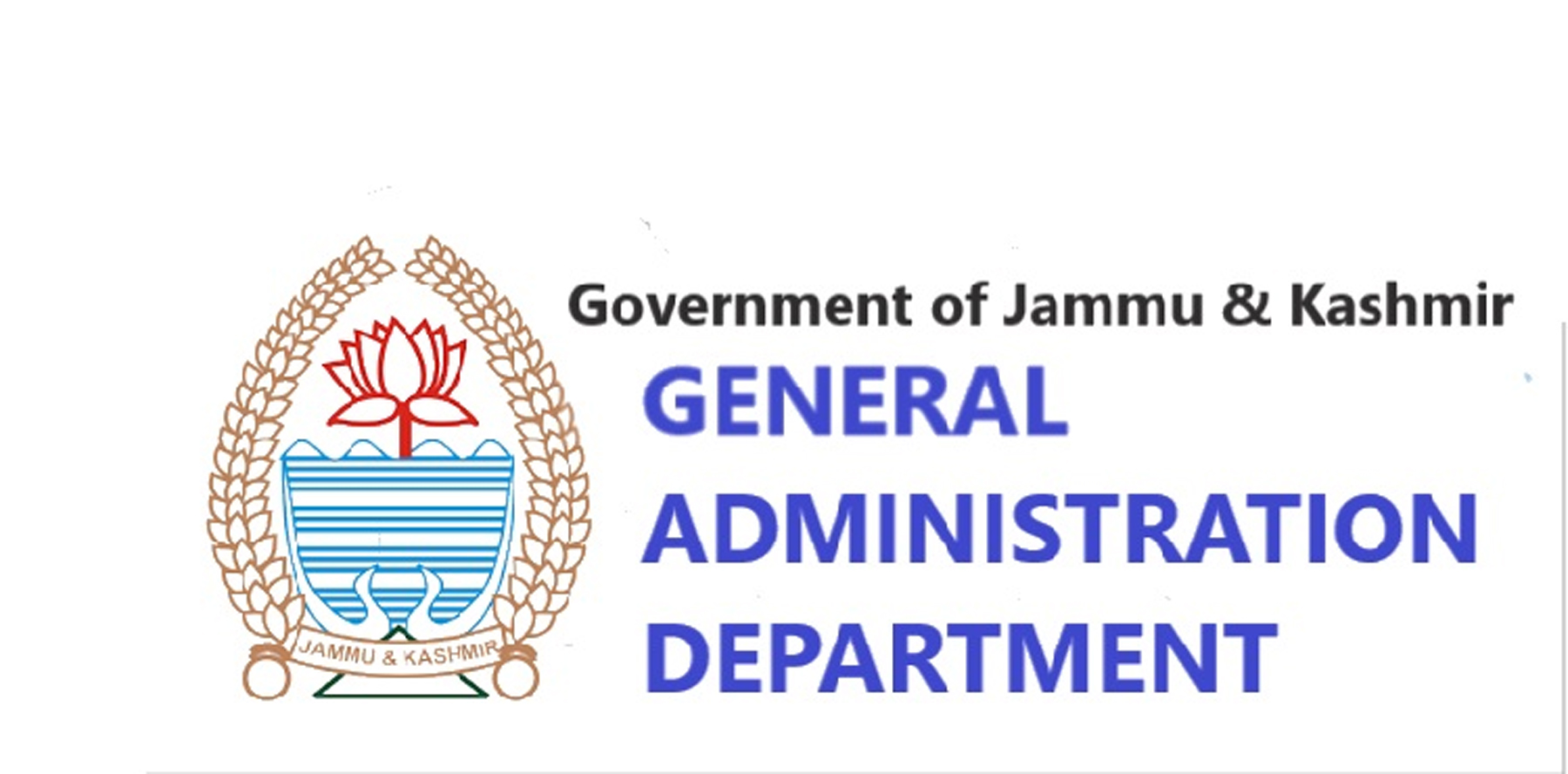GAD, Law Deptt to come up with detailed instructions soon
Step to ensure closure of thousands of old cases
Mohinder Verma
JAMMU, July 12: In the light of numerous judgments of the Supreme Court and J&K High Court, the Government has decided not to entertain service matters, which are time barred, after a particular time and detailed instructions in this regard will be issued by the General Administration and Law and Justice Departments shortly.
Official sources told EXCELSIOR that a detailed discussion on the service matters, which are time barred, was held in a high-level meeting chaired by the Chief Secretary Dr Arun Kumar Mehta recently.
It was observed in the meeting that generally public servants despite being aggrieved over Government actions vis-à-vis service matters approach the courts as per their convenience and concerned departments also keep on pursuing the cases for years together, which is not a healthy sign, sources said.
“The departments are unnecessarily pursuing such cases in the courts although the same is not required at all keeping in view numerous judgments of the Apex Court and High Court of Jammu and Kashmir”, sources further said.
Accordingly, the Chief Secretary has directed the General Administration Department and the Law Department to examine the desirability of issuing circular instructions stipulating therein that service matters, which are time-barred, shall not be entertained after a particular time limit.
“This step will ensure closure of old cases which cannot be resolved after considerable delay on account of various aspects”, sources said, adding “the draft of the instructions has already been prepared and will be finalized after detailed consultations between General Administration Department, Law Department and Finance Department during next week”.
The instructions will guide all the departments as to how they are supposed to handle the time-barred service matters in order to reduce burden on the courts as well as Government advocates.
It is pertinent to mention here that Finance Department has already directed all the Administrative Secretaries to direct Drawing and Disbursing Officers (DDOs) that no arrear claim which is more than 2 years old, is presented before Treasuries without proper sanction of competent authority and prior concurrence of Finance Department.
“Different facets of issue regarding delay and laches in filing the petition on service matters had been subject matter of consideration before the Supreme Court on number of occasions wherein it has been consistently opined that the party can be denied relief if he sleeps over the matter”, sources said.
In State of Uttaranchal and Another Versus Shiv Charan Singh Bhandari and others case, the Supreme Court has observed, “delay and laches on the part of a Government servant may even deprive him of the benefit which had been given to others. Article 14 of the Constitution of India, in a situation of that nature, will not be attracted as it is well known that law leans in favour of those who are alert and vigilant”.
“Even equality has to be claimed at the right juncture and not on expiry of reasonable time. Even if there is no period prescribed for filing the writ petition under Article 226 of the Constitution of India, yet it should be filed within a reasonable time”, the Apex Court has mentioned in the judgment, adding “anyone who sleeps over his rights is bound to suffer. An employee who sleeps like Rip Van Winkle and got up from slumber at his own leisure, deserves to be denied the relief on account of delay and laches”.
Similarly, in C Jacob Versus Director of Geology and Mining and Another case, the Apex Court has observed, “every representation to the Government for relief, may not be replied on merits. Representations relating to matters which have become stale or barred by limitation, can be rejected on that ground alone, without examining the merits of the claim”.
Likewise, J&K High Court in a case titled “Bal Krishan Bhat Versus State of J&K” has observed, “rights are meant to be enforced within reasonable time. Any delay can certainly affect the relief which can be sought from the court. Right may not be extinguished but the remedy may be”, adding “an employee, who is living in slumber cannot be allowed to get up at his own whims and fancies and seek relief”.


